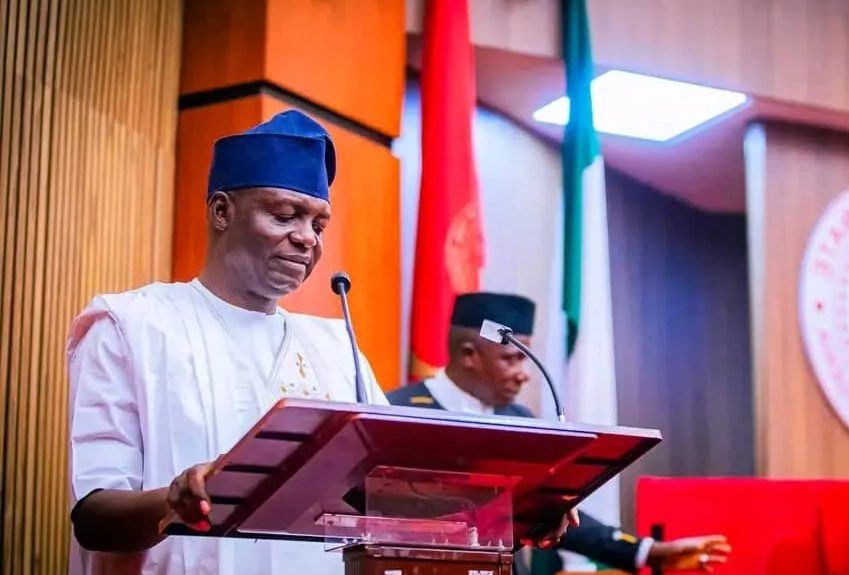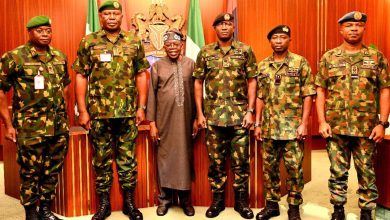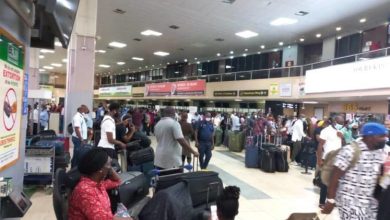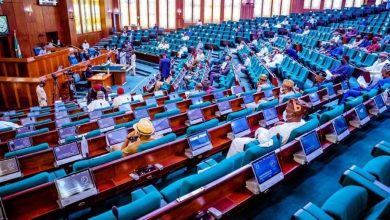APC Chairman Links Economic Struggles to Rising Migration and Human Traff!cking in Nigeria
APC chairman links economic hardship to rising traff!cking and migration from Nigeria today nationwide now.
He urges joint action to protect vulnerable citizens and stop criminals exploiting desperate youths everywhere.
The National Chairman of the All Progressives Congress, APC, Professor Nentawe Yilwatda, has said that Nigeria’s long period of economic hardship is a major cause of the increase in human traff!cking and irregular migration. He made this known on Monday during the public launch of a new book titled ‘Vicious Red Circle’ at the Yar’Adua Centre in Abuja. The novel, written by Ambassador Alex Ugochukwu Oriaku, focuses on the experiences of victims of human traff!cking in the country.

Yilwatda explained that many of the problems currently pushing Nigerians to seek dangerous routes abroad started many years ago when local industries stopped functioning properly. He said the collapse of factories and the loss of job opportunities forced many citizens to look for hope in unsafe and unknown places. He added that traff!ckers often take advantage of the desperation of young people who want a better life.
Speaking from his background as former Minister of Humanitarian Affairs and former Chairman of the African European Migration and Development Team, Yilwatda said the root of the issue is deeper than many people think. He called for both government and individuals to work together to address traff!cking. He stressed that the responsibility should not be left only to agencies or security officials.
He urged Nigerians to take lessons from the book and see it as a reminder to protect vulnerable people. According to him, the message in the book should inspire real action and not just be admired as a story.
Ambassador Oriaku, the author of the novel, described human traff!cking as a problem driven by poverty, fear, and lack of awareness. He said his book serves as a call for change and stronger advocacy.
The event brought together lawmakers, heads of government institutions, and development partners. They all echoed the need for better cooperation and stronger policies to stop traff!ckers from exploiting Nigerians who are trying to escape economic hardship.



